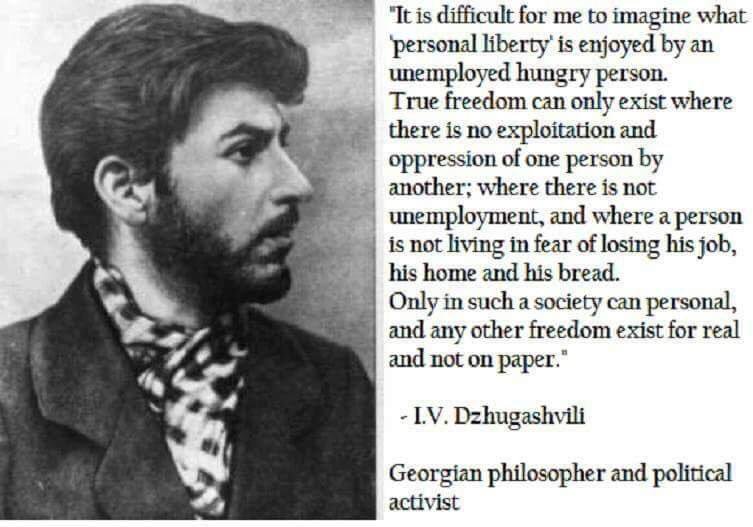The African Diaspora Religions Unit, in recognition of our 10th anniversary and the beginning of the second decade of the 21st century, embarks on a project of reframing the body...
We are looking for short (20 - 30 minutes)...
In his 1997 publication Worship as Body Language, Elochukwu E. Uzukwu charts western disruption of the body’s value in worship and society from the Graeco-Roman era to the late twentieth century, remarking that Christianity popularized the notion that the body is a..
Call for Papers: How to Teach Indigenous Religious Traditions. Heeding Linda Tuhiwai Smith’s call to center contemporary..
Statement of Purpose
Our unit explores broad geographies, histories, and cultures of people of African descent and the way they shape the religious landscape, not only in the Caribbean and the Americas, but also...
Co-Sponsoring
COSPONSORED SESSION: African Diaspora Religions Unit and Indigenous Religious Traditions Unit and Native Traditions in the Americas Unit and Teaching Religion Unit
papers.aarweb.org/pu/cosponsored…
Moving and Centering the Body: Embodied Experiential Engagement in African Diaspora Religions papers.aarweb.org/pu/african-dia…






